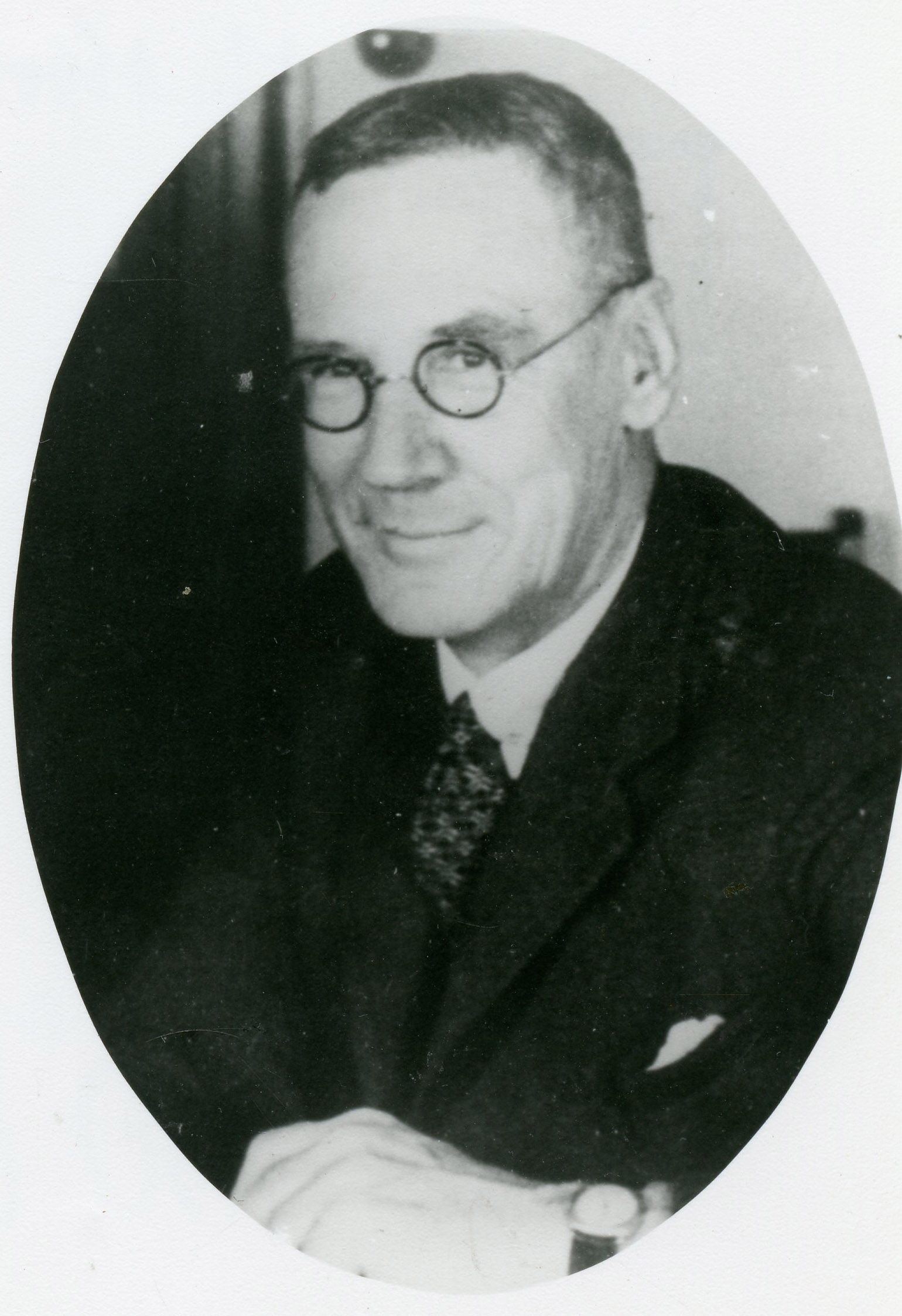Macartney Abbott
TKS 1892 - 1896
POLITICIAN and GRAZIER

Macartney Abbott was School Vice Captain in 1895 before becoming Captain in late 1895 and then again in 1896. A natural leader, Macartney was also Captain of School House, Captain of the newly formed Boat Shed in 1894 and Captain of Shooting. During his final three years at School he was also a member of the 1st XV.
After leaving School, Macartney was articled to his father’s law firm which led to him being admitted as a solicitor in 1901. He was a partner in various law firms in Sydney, Parramatta and rural New South Wales until his retirement in 1957.
His father, Sir Joseph Abbott and other family members had been elected to Parliament so it was not surprising when Macartney decided to stand for the seat of Upper Hunter in the 1913 elections. He was an avid supporter of Conscription and when re elected in 1917 said he would resign if the referendum on conscription failed and his constituency contributed to that failure. With the failure of the referendum, as a matter of principle, he resigned from office in May 1918.
In 1931 Macartney again stood for Federal Parliament as a member of the All for Australia Party and then for the United Country Party from 1934 onwards. He worked tirelessly to support the rural interests in the Senate until he was defeated in the elections during 1941.
Macartney was a devoted member of the Old Boys’ Union serving as Secretary (1903-1904), President (1927-28) and as a Governor on The King’s School Council (1924-1939). His diverse interests saw him sit as a Trustee for Ku-ring-gai Chase National Park, support the Farmers and Settlers’ Association and the Council of the Incorporated Law Institute. He also acted as the legal representative for the National Roads and Motorists Association. As well as writing regularly for various newspapers, Macartney published a book during World War II entitled “The Key to World Security” in which he explored the possibility of world peace brought about by a fellowship of international understanding.
His death in December 1960 was keenly felt by the Old Boy community as he had rarely missed an opportunity to participate in School events and OBU activities.